
About Diabetes
Diabetes mellitus is a chronic illness characterized by elevated sugar in the blood. No matter what type of diabetes a person is suffering from he/she has an increased amount of sugar in the blood which, if not treated properly and on time, may cause serious damage to many organs and organ systems. Chronic diabetes is a term that refers to diabetes mellitus type 1 and 2 while potentially reversible diabetes conditions are prediabetes and gestational diabetes.
Symptoms and signs of diabetes depend on the actual level of sugar in the blood. In some cases the condition is initially asymptomatic and discovered only by blood tests. However, the most common symptoms and sign of type 1 and type 2 diabetes include increased thirst, frequent urination, extreme hunger accompanied by unexplained weight loss, presence of ketones in urine, fatigue, blurred vision and frequent infections.
Type 1 diabetes develops as a consequence of genetic and environmental factors. Type 2 diabetes is strongly associated with obesity. Prediabetes is a condition that generally leads to type 2 diabetes and finally, gestational diabetes is diabetes that develops during pregnancy.
Therapy for Diabetes
Treatment for diabetes depends on the type of diabetes and the level of sugar in the blood. Some patients are only recommended dietary changes while others need to take medications. Furthermore, it is also necessary to maintain a healthy weight.
Healthy eating includes plenty of fruits, vegetables and whole grains and reduction in animal products and sweets. The best thing one can do is to consult a well experience dietitian who will create a diet according to one's needs and activities. Physical activity is essential for patients suffering from diabetes. It may assist with the transfer of glucose in cells where it is used as source of energy. The doctor will recommend the most suitable activity depending on patient's age, general health and additional factors.
Type 1 diabetes is treated with insulin injections. The dose of insulin is recommended by the doctor and patients must frequently monitor the level of glucose in the blood and adjust administration of insulin. Patients suffering from type 2 diabetes are generally treated with oral diabetes medications although they may also be prescribed with insulin. Even a combination of the two is possible in type 2 diabetes. Even if a patient eats regularly and takes medications as he/she was prescribed there is always a chance of an unpredictable change in the amount of sugar in the blood. This can cause hypoglycemia or hyperglycemia both of which require suitable treatment. And finally, gestational diabetes requires suitable treatment. Pregnant women monitor the level of sugar in the blood and may be prescribed with insulin.


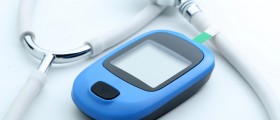
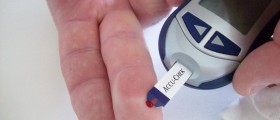
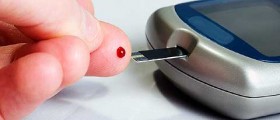







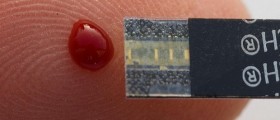
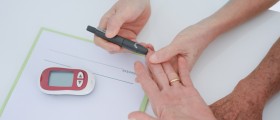



Your thoughts on this
Loading...